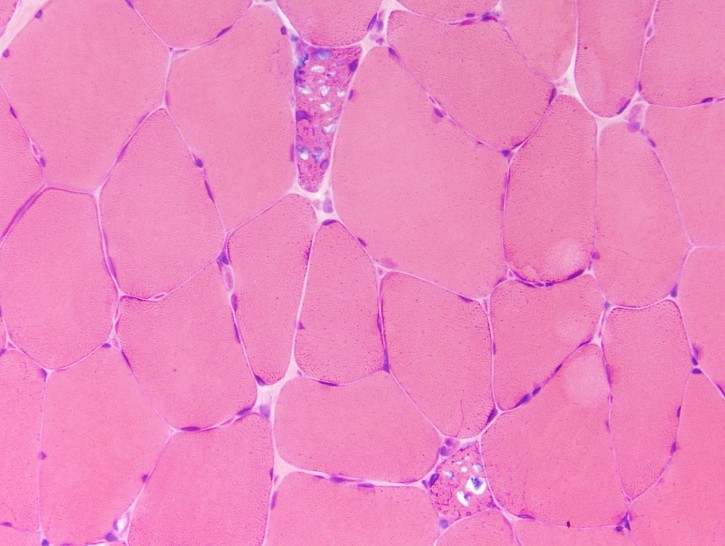Shionogi and Maze seal worldwide exclusive in bid to cure Pompe disease

The agreement, announced today, underscores Shionogi’s dedication to expanding its pipeline in the rare disease domain.
According to the National Organization for Rare Disorders (NORD) Pompe disease is a rare disease continuum with variable rates of disease progression and different ages of onset. First symptoms can occur at any age from birth to late adulthood. Earlier onset compared to later onset is usually associated with faster progression and greater disease severity. At all ages, skeletal muscle weakness characterizes the disease, causing mobility problems and affecting the respiratory system.
The most severely affected infants usually present within the first three months after birth. They have characteristic heart (cardiac) problems (dysfunction due to heart enlargement) in addition to generalized skeletal muscle weakness and a life expectancy of less than two years, if untreated (classic infantile Pompe disease).
Less severe forms of Pompe disease with onset during childhood, adolescence, or adulthood, rarely manifest cardiac problems, but gradually lead to walking disability and reduced respiratory function.
Inhibitor holds promise as therapy for Pompe disease
MZE001, an investigational oral glycogen synthase 1 (GYS1) inhibitor, holds promise as a transformative therapy for Pompe disease by curbing the accumulation of disease-causing glycogen. This compound could potentially become the first oral therapy for this debilitating condition.
“The science behind MZE001 is differentiated and promising,” said Isao Teshirogi, CEO of Shionogi. “We look forward to developing the compound as both monotherapy and add-on therapy to enzyme replacement therapies.”
The strategic agreement grants Shionogi exclusive worldwide rights for MZE001, including related programs and intellectual property. Under the terms, Shionogi will pay an upfront fee of $150 million, with additional milestone payments and royalties contingent upon development, regulatory, and commercial milestones.
Speaking about the agreement, Jason Coloma, CEO of Maze, expressed his confidence in Shionogi's commitment to advancing MZE001. “Shionogi has a track record of developing and delivering innovative medicines to patients worldwide,” Coloma said. “We’re confident they are the right partner to continue to advance MZE001 through clinical trials.”
Congenital metabolic disorder
MZE001, a small molecule inhibitor of GYS1, has shown promise in reducing glycogen concentration in muscles, as indicated by Phase 1 study results. It could serve as both a standalone therapy and a complementary treatment alongside enzyme replacement, the current standard of care for Pompe disease.
In recognition of its potential, the US Food and Drug Administration (FDA) granted Orphan Drug Designation to MZE001 in 2022. This designation provides incentives, including tax credits and market exclusivity, for therapies targeting rare diseases.
Pompe Disease, a congenital metabolic disorder characterized by glycogen accumulation in cells throughout the body, poses significant challenges for patients. In Japan, it has been designated as a "specified rare disease" and a "specific pediatric disease," making it eligible for various forms of support.
This major collaboration between Shionogi and Maze represents a significant step forward in the pursuit of effective treatments for Pompe disease, offering hope to patients and caregivers worldwide.
























